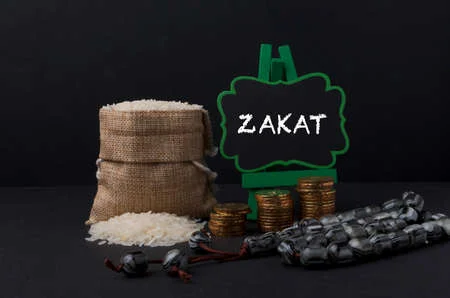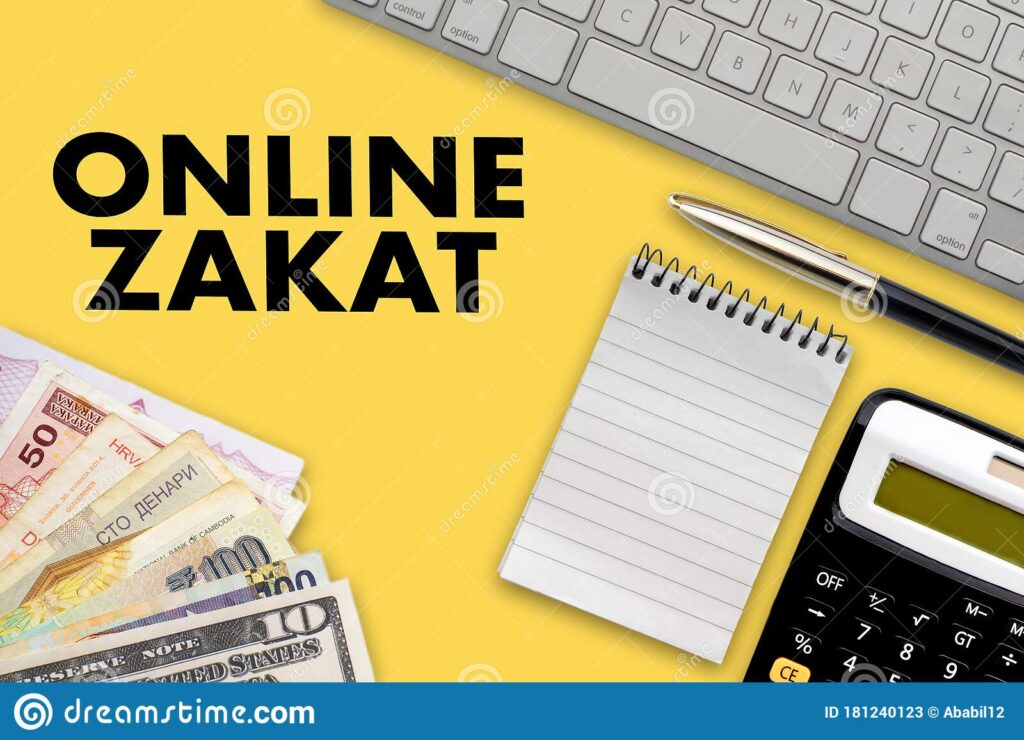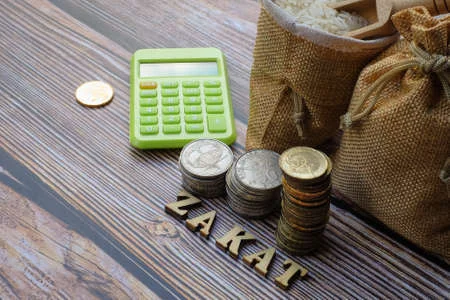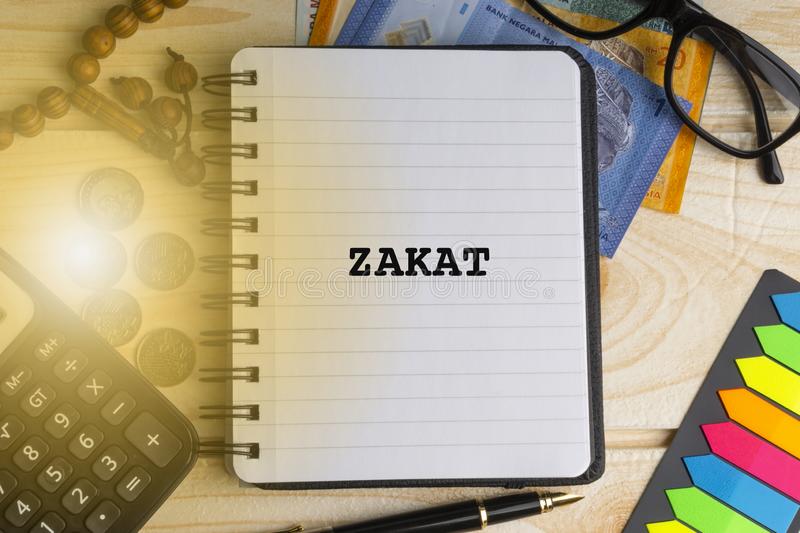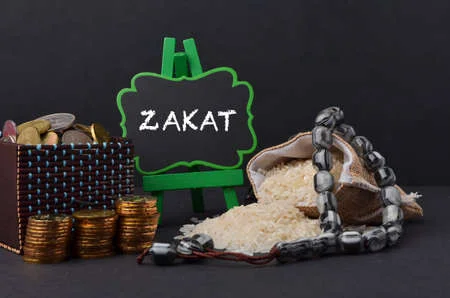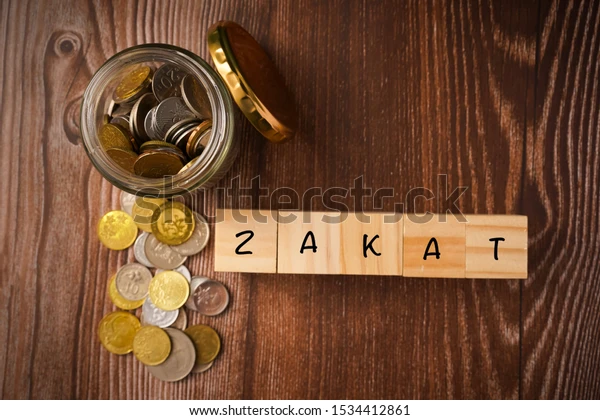William Ismail Lapukeni
Program Studied under IZF Scholarship: Bachelor’s Degree in Public Administration Name of University studied under IZF Scholarship: Islamic University In Uganda Year completed under IZF scholarship: 1999 About: Supply Chain Specialist Department of Procurement and Supplies – Office of President and Cabinet



